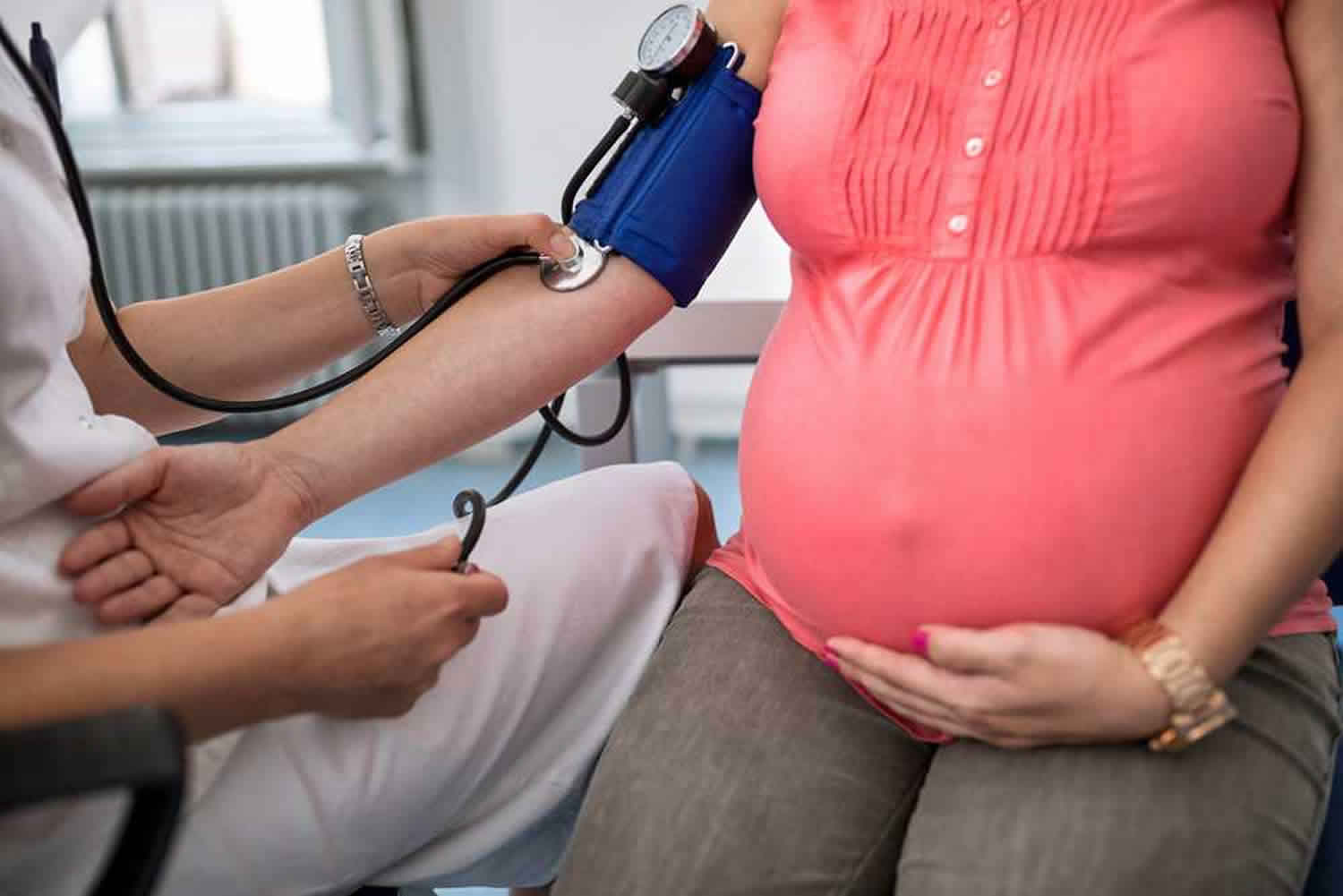Eclampsia: Symptoms
Oh boy, are you in for a treat! We're here to talk about something that may not be so funny, but we promise to keep it lighthearted. That's right, we're talking about pre-eclampsia and eclampsia - two conditions that can affect pregnant women. But don't worry, we've got you covered with some information that will help you understand these conditions better.
Understanding Pre-eclampsia and Eclampsia
Pre-eclampsia and eclampsia are conditions that pregnant women can develop. They typically occur after the 20th week of pregnancy and are characterized by high blood pressure and protein in the urine. These conditions can be dangerous for both the mother and baby and require medical attention.

What Is Pre-eclampsia and Eclampsia?
Pre-eclampsia is a condition that typically occurs after 20 weeks of pregnancy and is characterized by high blood pressure and protein in the urine. If pre-eclampsia is left untreated, it can progress to eclampsia. Eclampsia is a more severe form of pre-eclampsia that can cause seizures or convulsions.
The Importance of Early Detection
Early detection of pre-eclampsia and eclampsia is important because it can prevent complications for both the mother and baby. If left untreated, these conditions can cause damage to the kidneys, liver, and brain of the mother and can lead to premature delivery or stillbirth.
Statistics on Pre-eclampsia and Eclampsia
Pre-eclampsia and eclampsia are serious conditions that impact many pregnant women each year. According to the Preeclampsia Foundation, pre-eclampsia affects 5-8% of all pregnancies and can lead to eclampsia in severe cases. Eclampsia affects 1 in 2000 pregnancies.
Types of Pre-eclampsia and Eclampsia
There are two types of pre-eclampsia: mild and severe. Mild pre-eclampsia is characterized by high blood pressure and protein in the urine, while severe pre-eclampsia can cause organ damage and other complications. Eclampsia is a more severe form of pre-eclampsia that can cause seizures or convulsions.
Risk Factors for Pre-eclampsia and Eclampsia
There are several risk factors for pre-eclampsia and eclampsia, including first-time pregnancies, multiple pregnancies, a history of high blood pressure or kidney disease, and being overweight or obese. Women under the age of 20 or over the age of 40 are also at an increased risk of developing these conditions.
Recognizing Early Symptoms of Pre-eclampsia and Eclampsia
Early symptoms of pre-eclampsia and eclampsia can include high blood pressure, protein in the urine, swelling of the hands and feet, and headaches. These symptoms can be mild at first, which is why it is important to attend all prenatal appointments and speak with your healthcare provider about any concerns you may have.

Diagnostic Testing
Diagnostic testing for pre-eclampsia and eclampsia typically includes blood pressure monitoring, urine analysis, and blood tests to check for liver and kidney function. If a woman is diagnosed with pre-eclampsia, she may need more frequent monitoring, including ultrasounds and fetal heart rate monitoring.
Awareness and Prevention
Awareness and prevention are key to reducing the risk of pre-eclampsia and eclampsia. Women who are at high risk of developing these conditions may be advised to take low-dose aspirin or other medications. It is also important to attend all prenatal appointments and speak with your healthcare provider about any concerns you may have.
Early Detection and Timely Treatment
Early detection and timely treatment of pre-eclampsia and eclampsia is essential for the health of the mother and baby. Treatment may include medications to lower blood pressure and prevent seizures, as well as early delivery of the baby in severe cases.
Support and Resources
If you or someone you know has been diagnosed with pre-eclampsia or eclampsia, there are resources available to provide support and guidance. The Preeclampsia Foundation offers a helpline and online support groups for women and their families affected by these conditions. Remember, you are not alone!
We hope you found this information helpful (and maybe even a little bit funny!) Remember to take care of yourself and your little one during pregnancy, and don't hesitate to reach out to your healthcare provider if you have any concerns.
Komentar
Posting Komentar